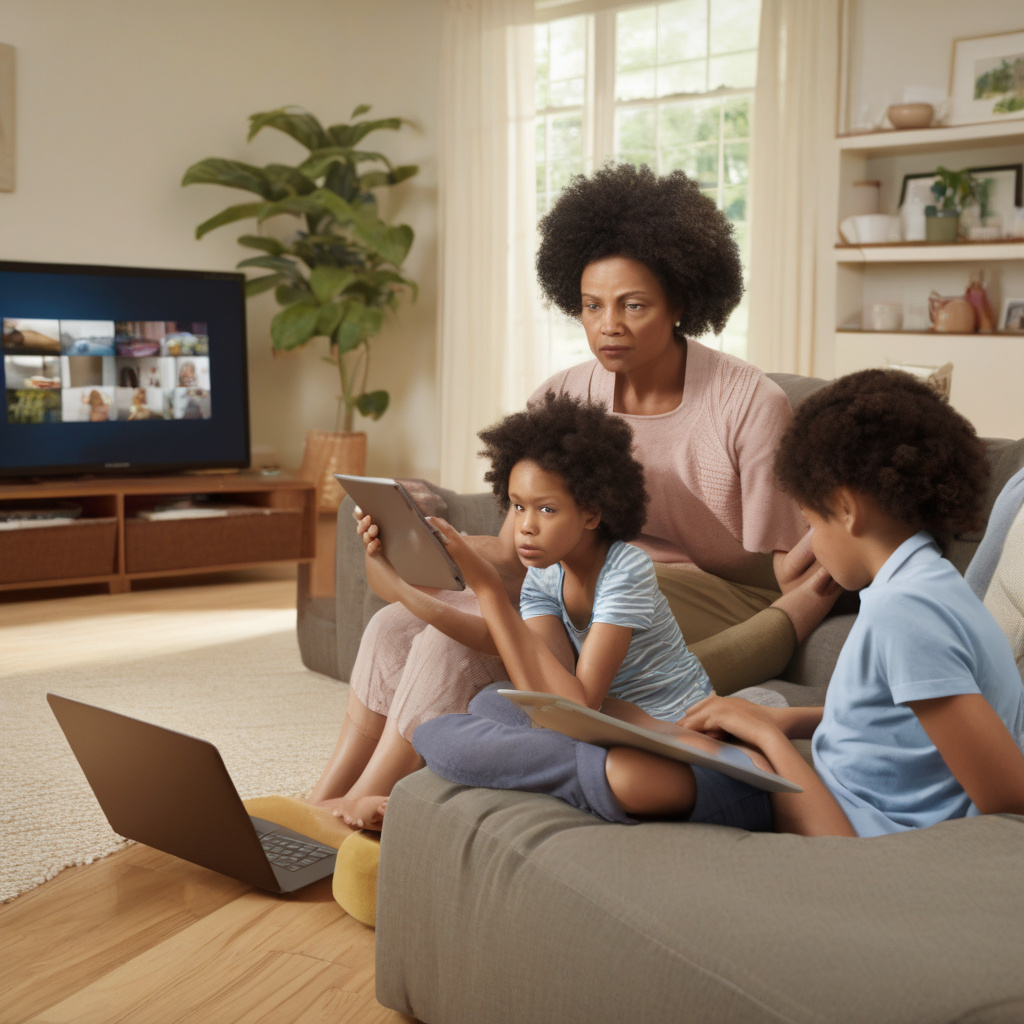OpenAI Unveils ChatGPT Parental Controls to Address Teen Mental Health Risks
OpenAI plans to roll out new parental controls for ChatGPT within the next month, following recent lawsuits that have highlighted the potential risks to teen mental health associated with the use of AI-powered chatbots. The move comes as concerns grow over the impact of these technologies on young users and the need for responsible AI development.
ChatGPT, a language model developed by OpenAI, is capable of engaging in sophisticated conversations and providing answers to a wide range of queries. While the technology has shown great promise in various applications, including customer service and language translation, its use in social settings has raised concerns about its influence on vulnerable populations, particularly teenagers.
Recent lawsuits have underscored the challenges posed by unregulated access to AI chatbots like ChatGPT. In some cases, teenagers have reported engaging in harmful or risky behaviors after interacting with these systems, leading to calls for greater oversight and control mechanisms to protect young users.
In response to these concerns, OpenAI has announced the upcoming release of new parental controls designed to limit the content and interactions available to underage users of ChatGPT. These controls will allow parents to monitor their children’s conversations, filter out sensitive topics, and restrict the system’s responses to promote safer and more positive interactions.
By implementing these safeguards, OpenAI aims to strike a balance between innovation and user protection, acknowledging the need for proactive measures to address the potential risks associated with AI technologies. The introduction of parental controls represents a significant step towards ensuring that young users can benefit from AI-powered tools without compromising their well-being.
While some may view these measures as a limitation on technological advancement, it is essential to prioritize the safety and mental health of users, especially minors who may be more susceptible to the influence of AI systems. By promoting responsible use and providing tools for oversight, OpenAI sets a precedent for ethical AI development and underscores the importance of considering the societal impact of these technologies.
As the field of artificial intelligence continues to evolve, it is crucial for developers and organizations to prioritize the ethical implications of their creations. The case of ChatGPT and the introduction of parental controls serve as a reminder of the complex challenges posed by AI technologies, urging stakeholders to adopt a proactive approach to risk mitigation and user safety.
In conclusion, OpenAI’s decision to unveil parental controls for ChatGPT in response to concerns about teen mental health risks marks a positive step towards promoting responsible AI usage. By empowering parents to monitor and regulate their children’s interactions with AI chatbots, OpenAI demonstrates a commitment to prioritizing user well-being and fostering a safer digital environment for all. It is through such initiatives that the tech industry can harness the benefits of AI innovation while upholding ethical standards and protecting vulnerable users.
OpenAI, ChatGPT, Parental Controls, Teen Mental Health, Responsible AI Development












